
The life of a female weaver is thrown onto the socio-political canvas of pre-war and post-war communist Poland through the use of expressive allegorical and symbolic imagery in this imaginative take on the documentary form.
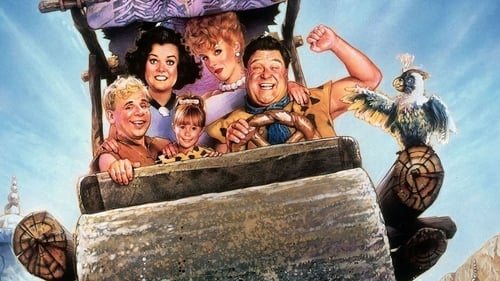
Modern Stone Age family the Flintstones hit the big screen in this live-action version of the classic cartoon. Fred helps Barney adopt a child. Barney sees an opportunity to repay him when Slate Mining tests its employees to find a new executive. But no good deed goes unpunished.
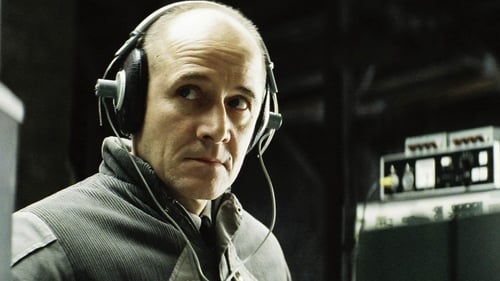
In 1984 East Berlin, an agent of the secret police, conducting surveillance on a writer and his lover, finds himself becoming increasingly absorbed by their lives.
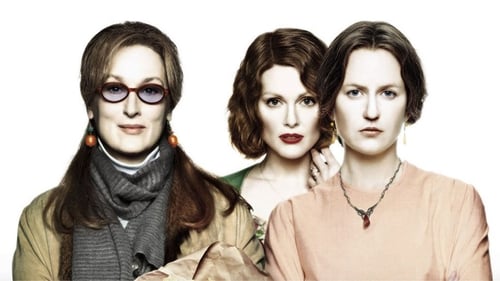
"The Hours" is the story of three women searching for more potent, meaningful lives. Each is alive at a different time and place, all are linked by their yearnings and their fears. Their stories intertwine, and finally come together in a surprising, transcendent moment of shared recognition.
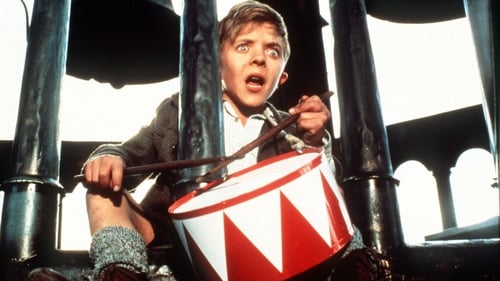
Oskar Matzerath is a very unusual boy. Refusing to leave the womb until promised a tin drum by his mother, Agnes, Oskar is reluctant to enter a world he sees as filled with hypocrisy and injustice, and vows on his third birthday to never grow up. Miraculously, he gets his wish. As the Nazis rise to power in Danzig, Oskar wills himself to remain a child, beating his tin drum incessantly and screaming in protest at the chaos surrounding him.

After a fictitious marriage with a Russian emigrant, Cellisten Louka, a Czech man, must suddenly take responsibility for her son. However, it’s not long before the communication barrier is broken between the two new family members.
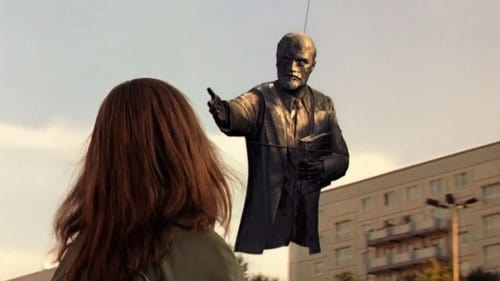
Alex Kerner's mother was in a coma while the Berlin wall fell. When she wakes up he must try to keep her from learning what happened (as she was an avid communist supporter) to avoid shocking her which could lead to another heart attack.

Tells the story of five people from the last generation of Soviet children who were brought up behind the Iron Curtain. Just coming of age when the USSR collapsed, they witnessed the world of their childhood crumble and change beyond recognition. Through the lives of these former schoolmates, this intimate film reveals how they have adjusted to their post-Soviet reality in today's Moscow.
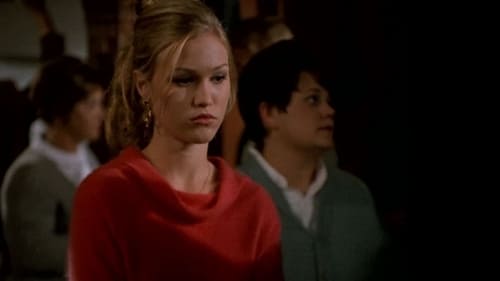
The Herlihys are a working class family from Chicago whose three children take wildly divergent paths: Brian joins the Marines right out of High School and goes to Vietnam, Michael becomes involved in the civil rights movement and after campaigning for Bobby Kennedy and Eugene McCarthy becomes involved in radical politics, and Katie gets pregnant, moves to San Francisco and joins a hippie commune. Meanwhile, the Taylors are an African-American family living in the deep South. When Willie Taylor, a minister and civil rights organizer, is shot to death, his son Emmet moves to the city and eventually joins the Black Panthers, serving as a bodyguard for Fred Hampton.
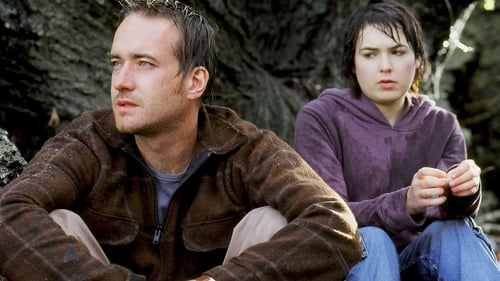
Paul (Macfadyen), a prize-winning war journalist, returns to his remote New Zealand hometown due to the death of his father, battle-scarred and world-weary. For the discontented sixteen-year-old Celia (Barclay) he opens up a world she has only dreamed of. She actively pursues a friendship with him, fascinated by his cynicism and experience of the world beyond her small-town existence. But many, including the members of both their families (Otto, Moy), frown upon the friendship and when Celia goes missing, Paul becomes the increasingly loathed and persecuted prime suspect in her disappearance. As the violent and urgent truth gradually emerges, Paul is forced to confront the family tragedy and betrayal that he ran from as a youth, and to face the grievous consequences of silence and secrecy that has surrounded his entire adult life.
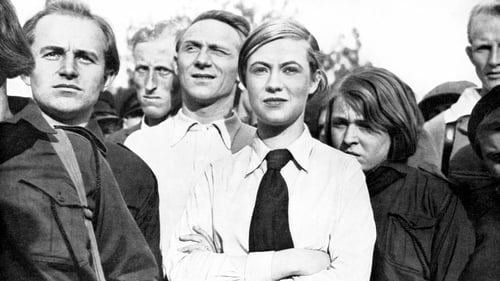
Kuhle Wampe takes place in early-1930s Berlin. The film begins with a montage of newspaper headlines describing steadily-rising unemployment figures. This is followed by scenes of a young man looking for work in the city and the family discussing the unpaid back rent. The young man, brother of the protagonist Anni, removes his wristwatch and throws himself from a window out of despair. Shortly thereafter his family is evicted from their apartment. Now homeless, the family moves into a garden colony of sorts with the name “Kuhle Wampe.”

Alex Jones interviews Walter Burien, commodity trading adviser (CTA) of 15 years about the biggest game in town. There are over 85,000 federal and regional governmental institutions: school districts, water and power authorities, county and city governments – and they own over 70 percent of the stock market.

This High Definition, PBS miniseries uses letters, diaries, speeches, journalistic accounts, historical text and military records to document and acknowledge the sacrifices and accomplishments of African-American service men and women since the earliest days of the republic.
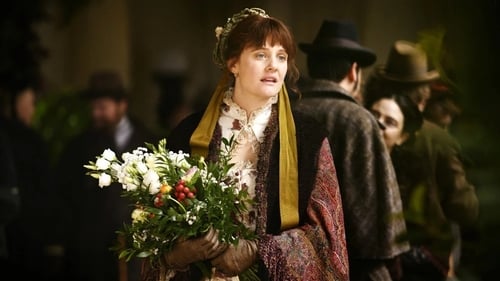
In her public persona, Eleanor “Tussy” Marx was a translator, actress, a children’s rights activist, a feminist and a persuasive labour organizer, a tireless powerhouse determined to carry on her father’s work. She held her own with twentieth century gods, including both her father and his colleague Engels. In her privately life, however, she was vulnerable and her attraction to the self-indulgent and self-important Edward Aveling led her into misery and ultimately proved fatal.
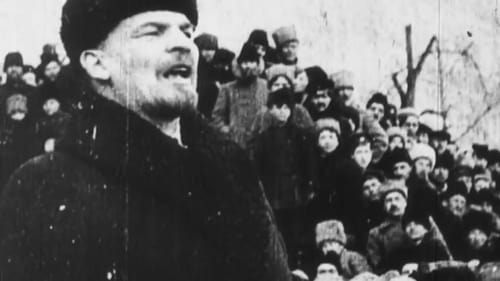
A documentary film account of the Russian Revolution, based on archival footage.
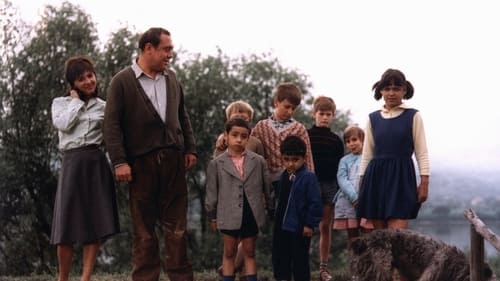
Hungary, 1950s. József Pelikán, who works as a dam keeper on the Danube, meets by chance Zoltán Dániel, an old friend whom he saved from death years before and who is now a powerful politician.

It's 1980. Malin is fatherless, angry, and in trouble. At 20, he's spent a year in jail for assaulting a lover of Lily, his mother. In her desk he finds a soldier's photograph and assumes he's found his father. He confronts the man, now a teacher, and gets nowhere. At home again, he mocks his mother. Finally, she tells him her grim story, from the year before his birth. We see a people's court, where Lily's parents seek justice for their grandchild to be. We follow Lily to a prison camp, to the city where she's told to inform on the only person who's been kind, to an asylum, and finally to her current poverty and loneliness. How will Malin respond to these revelations?

The impact of Marx on the 20th century has been all-pervasive and world-wide. This program looks at the man, at the roots of his philosophy, at the causes and explanations of his philosophical development, and at its most direct outcome: the failed Soviet Union.

Scenes from holiday life at Lake Balaton in Hungary during the communism.















